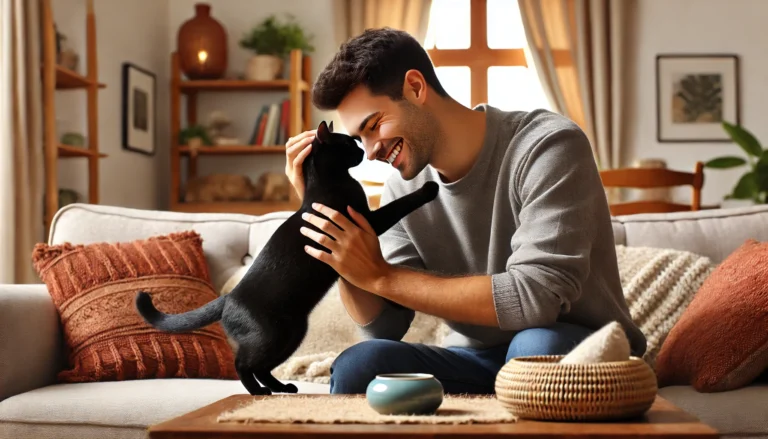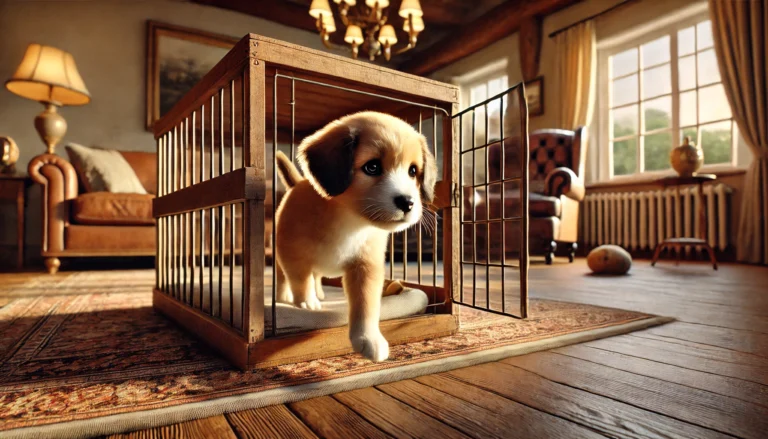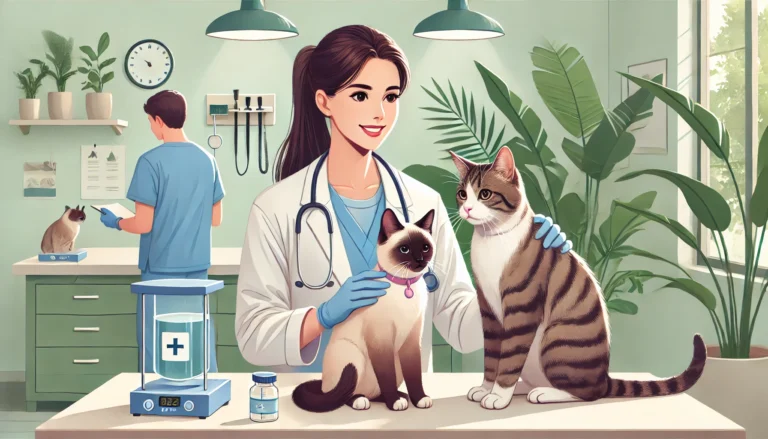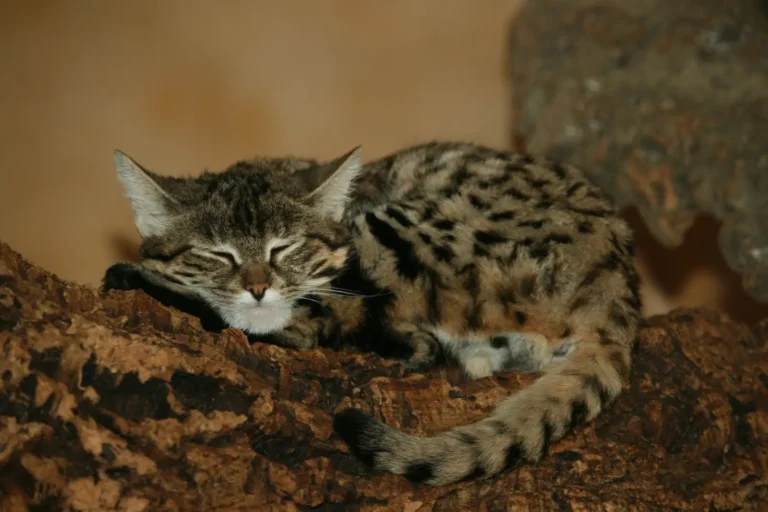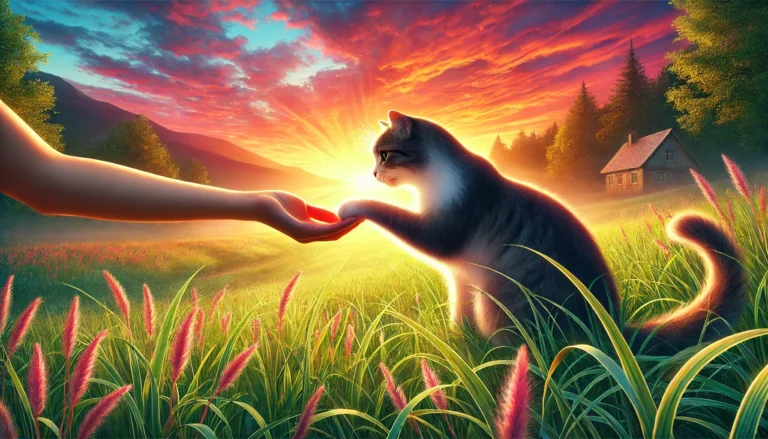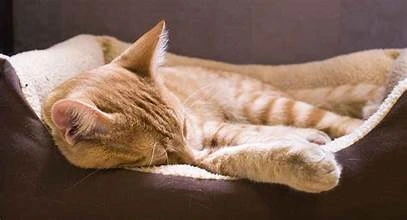Why Do Cats Purr? 5 Meanings Behind a Purring Cat
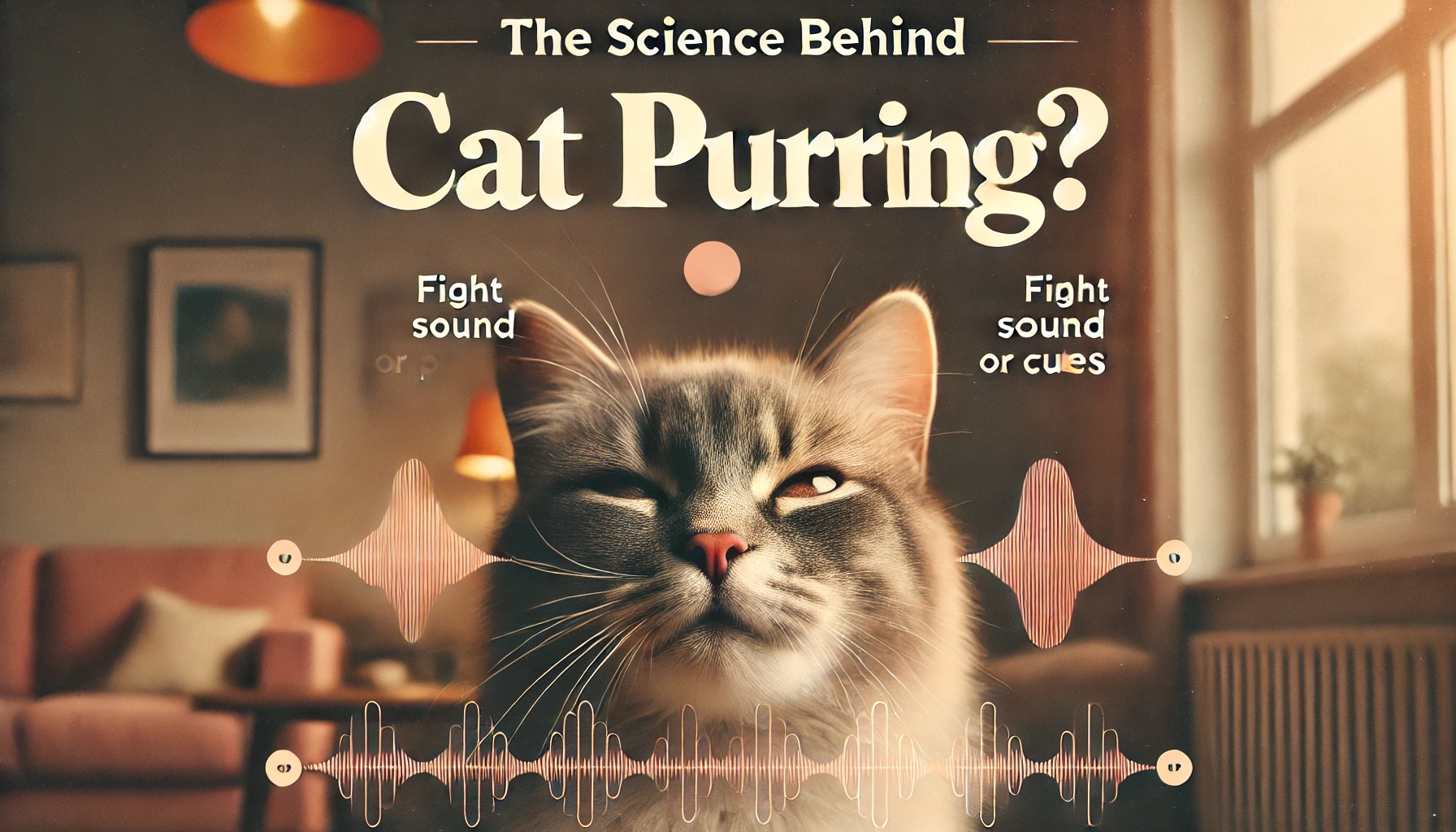
WHY DO CATS PURR? Cats purr for various reasons, and the sound of a cat purring is often associated with happiness and comfort. But purring isn’t always about contentment. Learning why cats purr, how they do it, and what purr meaning can reveal about their state of mind helps us connect better with our feline companions. Here’s an in-depth look at five reasons Why Do Cats Purr, including insights into what makes a cat purr and what it means when a cat purrs.
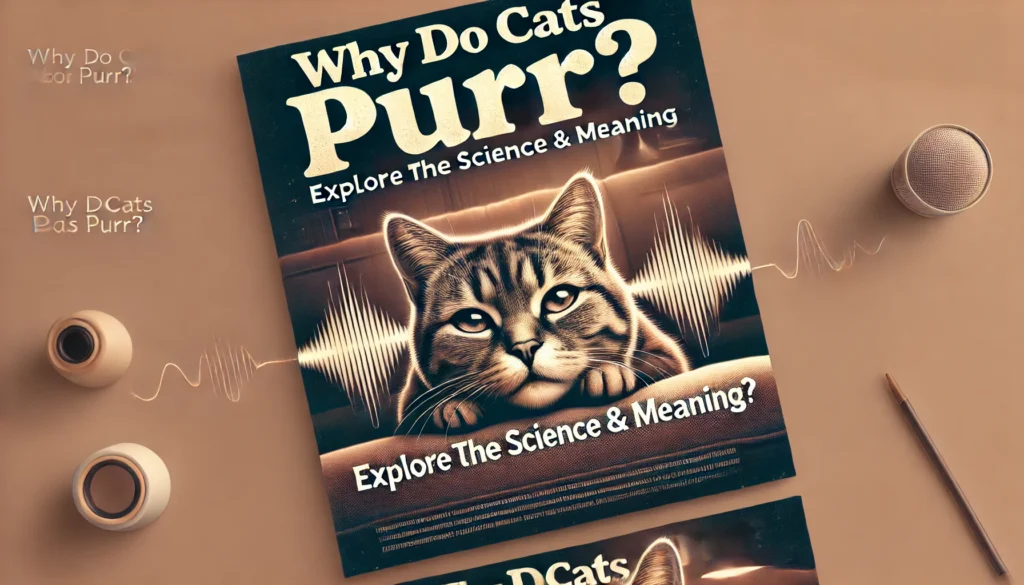
1. Contentment and Relaxation: The Happy Purr
One of the most common answers to the question, “Why do cats purr?“ is that they purr when they are relaxed and content. When a cat is curled up in a cozy spot, or when you pet them gently, you may notice them purring. This kind of purring in cats is often a sign of happiness. But does purring mean a cat is happy? Yes, in these cases, it typically does. The purr meaning here is simple—your cat feels safe and loved.
- Examples: A kitten purring while sleeping or a cat purring when you pet them.
- Body Language: Soft eyes, relaxed paws, slow blinking.
- Why do cats purr when you stroke them? Because purring is a way for them to express that they enjoy the interaction.
2. Seeking Attention or Food: The Request Purr
Cats are smart, and sometimes they purr to communicate with their humans. A cat purring meaning can indicate they are hungry or seeking attention. If you notice that your cat purrs when you pet her and then moves toward her food bowl, she may be telling you it’s time for dinner.
- Why do cats purr when you pet them near feeding time? This can be a strategic move to manipulate us into giving them what they want—whether it’s food or affection.
- What does it mean when a cat purrs on you? It may mean they’re asking for love or looking for a cozy cuddle.
3. Healing and Self-Soothing: The Therapeutic Purr
Why Do Cats Purr? Research shows that purring in cats serves as more than just emotional expression—it can have healing properties. A cat’s purr vibrates at a frequency between 25 to 150 Hz, which is known to promote bone growth and tissue repair. Why do kittens purr so much? Partly, it’s a self-soothing mechanism, helping them relax in stressful situations. Kittens purring when they’re with their mother helps create a comforting environment.
- When do cats purr after injury? You may notice purring when a cat is healing from trauma or surgery, as purring cats can speed up recovery.
- Does purring mean a cat is always happy? Not necessarily—sometimes, a cat purring meaning points to discomfort or a need to self-heal.
4. Relieving Stress or Anxiety: The Calming Purr
Not all purring cats are happy—purring can also indicate anxiety or stress. If your cat keeps purring during a vet visit, the purr may serve as a coping mechanism. A purring cat meaning in stressful situations helps them calm down. Do cats purr when stressed? Yes, they do. This behavior helps them relax by regulating their breathing and promoting a sense of calm.
- Why do cats purr at the vet? Because they are trying to reduce stress.
- Is purring always good? Not always—it can be a sign of anxiety.
5. Bonding and Communication: The Social Purr
When do kittens purr? From the moment they are born, kittens purr to communicate with their mothers. What does it mean when kittens purr? It reassures the mother cat that they are safe and bonding. Similarly, cats purr to communicate with their human caregivers, often to build trust and foster connection. Why do cats purr on you? It’s their way of bonding and showing affection.
- Why is my cat always purring on me? Your cat may feel deeply bonded to you and purrs to show that connection.
- What makes cats purr in these moments? A sense of trust and safety.
How Do Cats Purr?
Wondering how cats purr and why? The sound is generated by the rapid movement of the vocal cords and the diaphragm as they breathe in and out. Is purring voluntary? Yes, but it can also be reflexive. Why do cats pur involuntarily sometimes? It may occur when they are experiencing deep emotions, like stress or pain.
- What causes a cat to purr involuntarily? Injury, illness, or emotional distress can trigger it.
- How does a cat purr? The brain sends repetitive neural signals to the vocal cords, creating a rhythmic vibration—this is what we recognize as a purr.
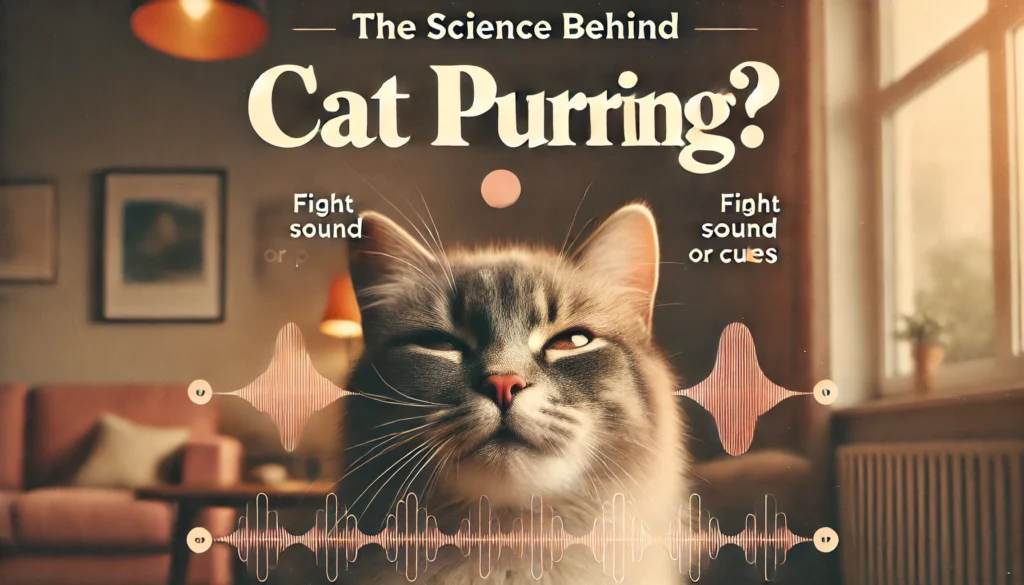
Final Thoughts: What Does It Mean When a Cat Purrs?
What makes a cat purr and what does a purring cat mean depends on the context. A cat’s purr can communicate joy, healing, stress relief, or a request for attention. Why does my cat purr? It could be any of these reasons. Observing your cat’s behavior and body language is the key to understanding what purring means in cats. Why do cats purr? Sometimes it’s a sign of love, other times a survival mechanism.
Whether it’s a kitten purring for comfort or a senior cat purring to self-heal, the purr is one of the most fascinating forms of feline communication. When a cat purrs what does that mean? It means they’re sharing their emotions with you—whether those emotions are joy, need, or healing.
Understanding why your cat purrs helps strengthen the bond between you and your feline friend, allowing you to respond to their needs more effectively. So the next time your cat purrs when you pet her, remember—there’s more to that soothing sound than meets the ear.

